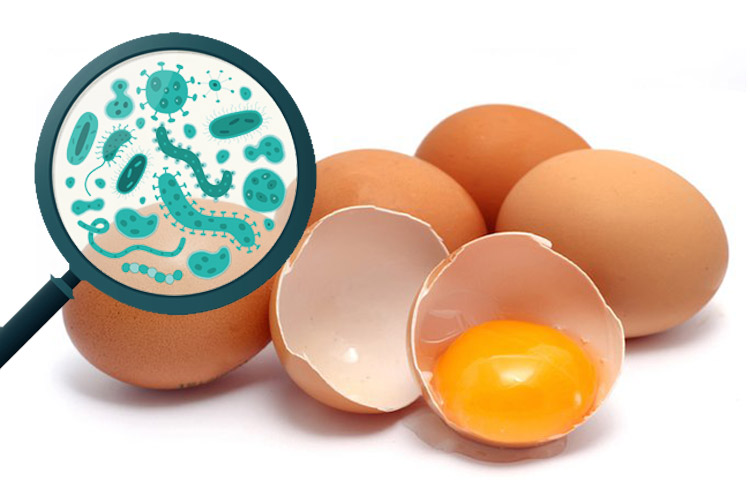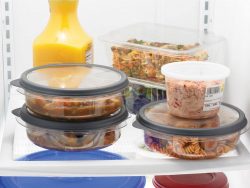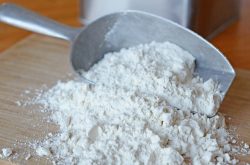- Advertisement -

Popular
Food Safety for Camping and Hiking
Camping and hiking are great ways to exercise and appreciate nature. But they also create hunger - and food that is not packed properly and handled safely can create foodborne illness.
Food Safety for Pork
Pork requires the safe preparation, cooking temperature, and proper storage of leftovers in order to prevent food illness. The USDA recommends cooking pork to a minimum cooking temperature of 145°F - as measured with a food thermometer - in order to kill any pathogens.
Turkey Food Safety Tips
Raw poultry (turkey, chicken, duck, goose, quail, etc.) may contain harmful bacteria such as Salmonella and Campylobacter. Proper preparation, cooking, and storage procedures must be followed - or a foodborne illness can occur.
Food Safety for Grilling Parties
Summer's almost over and it's time to plan for one last long weekend party. But remember, it's still warm - so that presents increased food safety dangers. Savor the end of summer with good food and friends - and not a foodborne illness.
Food Safety for Raw Oysters
Raw shellfish (e.g. oysters, clams, mussels) can pose an increased risk to be contaminated - as they are filter feeders and become contaminated when their waters are polluted with raw sewage and bacteria.

























